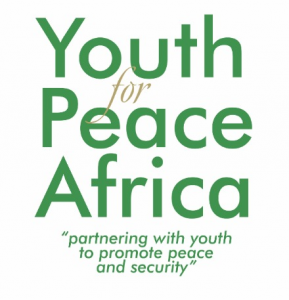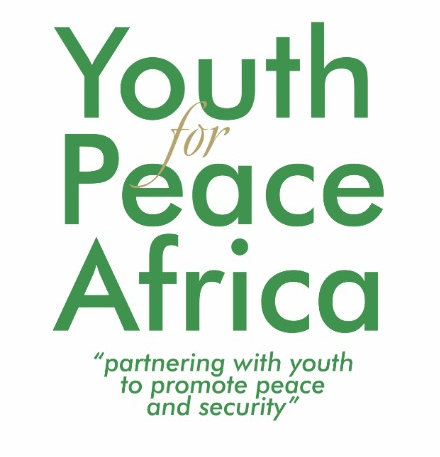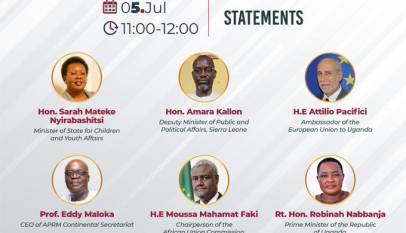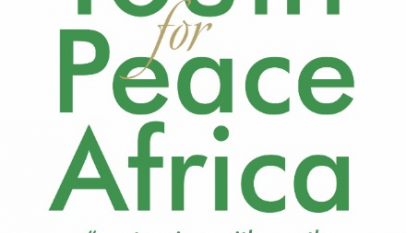INTERVIEW | “Youth inventiveness crucial to solving Africa’s security challenges” – Rhuks Ako
Dr Rhuks Ako is the coordinator of the African Union’s Youth for Peace (Y4P) Africa programme; it seeks to engage young people and youth groups in the promotion of peace and security on the continent.

Newspage: How has the Youth for Peace (Y4P) Africa programme fared since it was launched in 2018?
Ako: The Youth for Peace (Y4P) Africa programme seeks to ensure youth voices are heard in peace and security matters while their contributions to Africa’s peace and security agenda are amplified. It was launched in September 2018 in Lagos, Nigeria. The first step we took after the launch was collectively – with young people from across the continent and all the Regional Economic Communities and Regional Mechanisms (RECs/RMs) – design its strategic direction.
The priorities of the Y4P Programme were set by young people reflecting what they considered to be significant challenges hindering their active and meaningful participation in the peace and security arena. Primarily, they felt marginalized as there were no policies guiding youth’s participation in Africa’s peace and security space; and there was a paucity of literature that fully captured youth’s roles in peace and security. Thus, their contribution to peace and security has not been well recognized and appreciated. They also identified the need to bridge the gap between young people and the peace and security policy space.
Consequently, the Programme facilitated the convening of the first ever PSC Open Session on YPS. Since then, there have been five sessions dedicated to YPS, each one further developing the evolving normative framework for YPS in Africa.
Newspage: What are the tangible outcomes of these five sessions of the PSC dedicated to youth, peace and security?
Ako: The outcome of the first session on YPS was the mandate given to us to speedily finalize a Continental Framework for Youth Peace and Security (CFYPS) as well as kick-off the process of appointing five regional African Youth Ambassadors for Peace (AYAP), to bridge the gap between the AU and youth. The PSC also mandated us to conduct a study on the theme: the Roles and Contributions of Youth towards Peace and Security in Africa, to further address the demands of the youth. This gives young people the confidence that if they effectively engage with the policy space they will get results.
Newspage: Can you tell us more about the African Youth Ambassadors for Peace (AYAP)?
Ako: The role of the youth peace ambassadors is to complement the work of the AU Youth Envoy, specifically in the peace and security space. They also act as the bridge between youth peacebuilders and the Y4P programme, which anchors the continent’s YPS agenda. So, we work with the ambassadors to ensure the activities and initiatives of the AU reach young people while also ensuring the youth’s concerns and aspirations reach the AU. Essentially, they help bridge the gap between the AU and youth in the area of peace and security.
The second cohort of the AYAPs assumed office in February 2022. Interestingly, there was a PSC session in March wherein they were officially presented to the PSC. They made statements highlighting some of the main difficulties faced by young people in their respective regions and provided practical recommendations, some of which the PSC adopted verbatim. This is evidence of the role young people can play in developing norms, particularly in the areas of peace and security. You can now see that although the AU’s YPS agenda is designed by the PSC, it is co-owned, co-developed and driven by young people themselves.
Newspage: How crucial is the role of young people in managing Africa’s peace and security challenges?
Ako: In this regard, I would like to differ from the general perception of young peoples’ importance to everything in Africa being premised on their comparatively high population. I am of the belief that we shouldn’t ascribe importance to young people primarily based on their numbers. This downplays their inherent value to society. The Covid-19 pandemic demonstrated to us what value young people can bring in terms of contributing to solving global challenges.
Many of them sacrificed their lives to protect the rest of us, which proved that they can be our first line of defence in times of emergencies and crises. They are the ‘now’ generation who are more in control of current technologies even as they innovate for the future. This is a huge resource to benefit from in addressing our peace and security challenges.
Editor’s note: This interview has been edited for length and clarity












